In an Op-Ed for The Hill, former Senator Tom Daschle (D-S.D.) believes the reevaluation of the cannabis regulatory frameworks is imperative as our country begins the recovery process from the COVID-19 pandemic. Now more than ever, states need new businesses, new jobs and additional tax revenues. They need the next president to legalize cannabis, and the sooner, the better, according to the article.
Daschle acknowledges that legalizing cannabis — as 40 states have already done for either medical or recreational purposes— can’t cure all that ails America. Yet, for the next president, he believes it can help drive progress on multiple critical issues. Here's how Sen. Daschle sees legalization helping drive progress on critical issues facing the country right now:
1. Job Creation
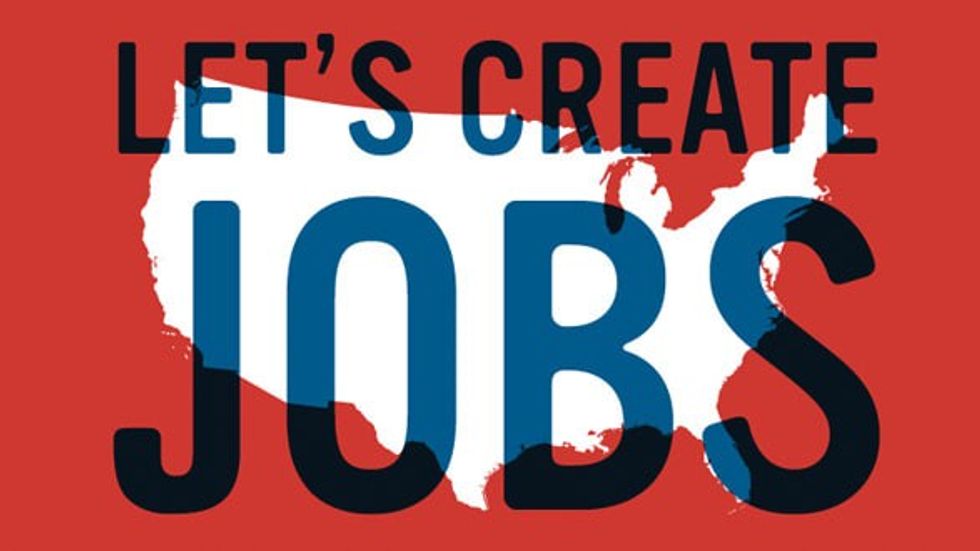
First, legal cannabis will help create new businesses and new jobs and generate additional tax revenues. It’s already a $16 billion-dollar market where it is legal, with the total market worth an estimated $75 billion. We’re well on the path to de facto legalization on a state level; in fact, many states deemed access to cannabis to be an essential service at the start of the COVID-19 pandemic. The next president can take us the rest of the way.
2. Decriminalization
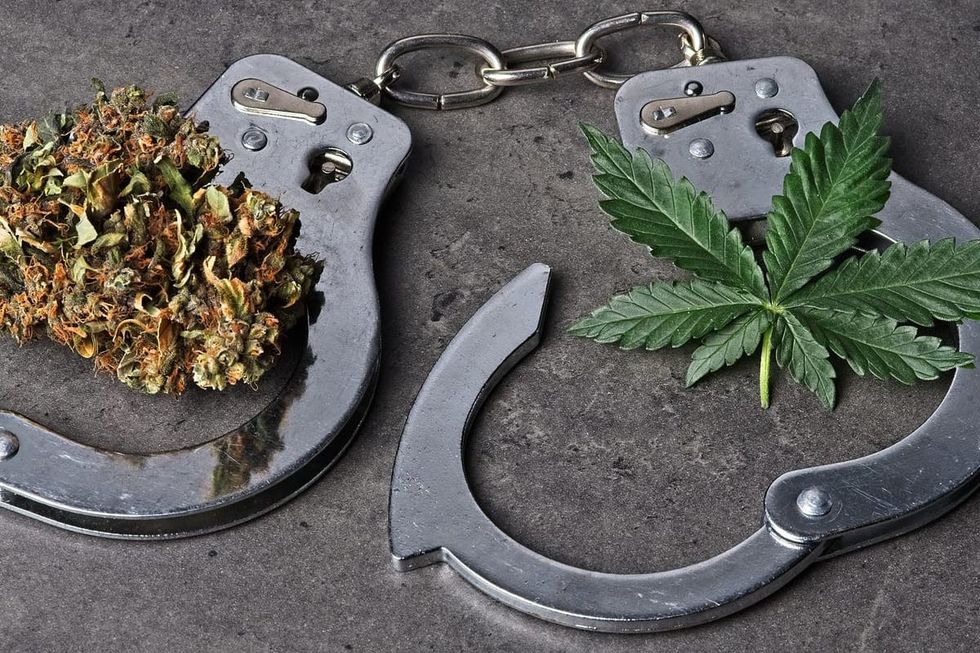
Second, criminalizing cannabis has created more social ills than it has cured. Without access to mainstream banking, the thriving illicit cannabis market is more susceptible to organized crime and poses a serious threat to public safety. America ended Prohibition because it simply didn’t work, and it is clear that the current criminalization of cannabis at the federal level doesn’t work either.
3. Ending the (Lost) War on Drugs
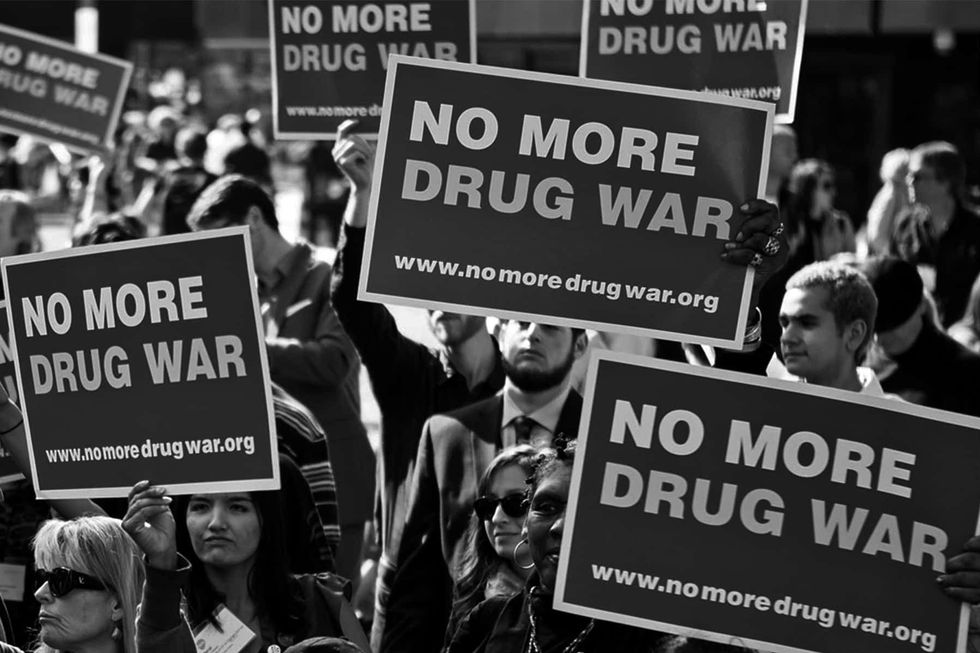
Third, the war on drugs (however well intentioned) has destroyed more lives than it has saved. Local law enforcement has been transformed into a paramilitary force focused on arresting low-level users, with overwhelming racial disparity in possession arrests skewed toward people of color. Incarceration for nonviolent drug crimes is often unjust. It creates long-term consequences throughout that person’s lifetime, namely the obvious challenge of getting a job and an average reduction of wage growth by about 30 percent for those who can find work. Nationally, police dedicate nearly $4 billion annually to enforce cannabis possession laws. Can we honestly say the staggering human and economic costs are worth it?
4. Cannabis = Medicine
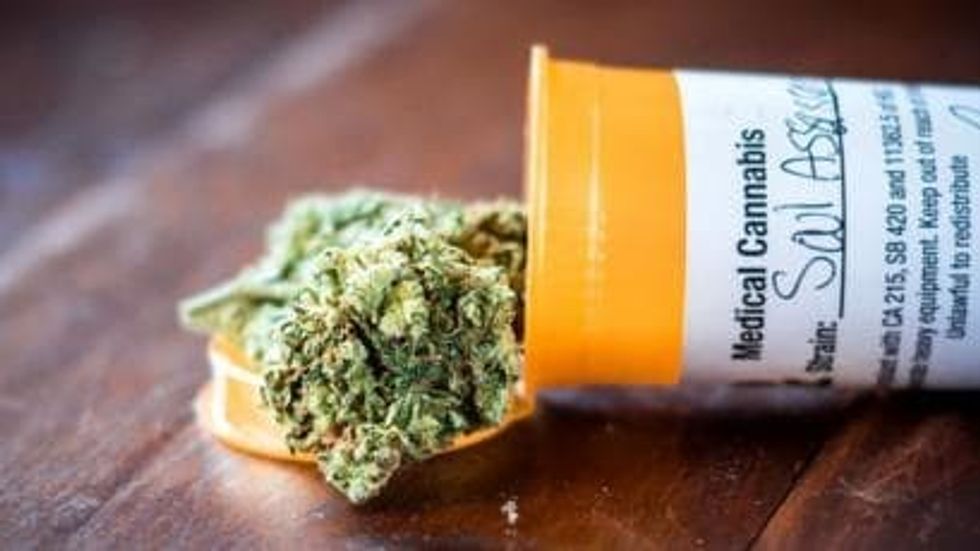
Lastly, cannabis offers potential that legalization can help explore. While we have a handful of Food and Drug Administration-approved medications derived from cannabis, anecdotal evidence is giving way to clinical data illustrating promise in a variety of therapeutic areas. This is, of course, in addition to mounting evidence that cannabis has reduced opioid use and harm from opioid use.
Daschle points out that Politicians on the fringes will rail that nobody wants legalization and everyone fears it. However, we need to stand up and call that what it is: nonsense. Legalization of cannabis, far from being unpopular with voters, is already overwhelmingly supported by Americans and well on its way to being a de facto reality in most states.
Are you still missing out on The Bluntness newsletter? Sign Up today to stay in the loop.
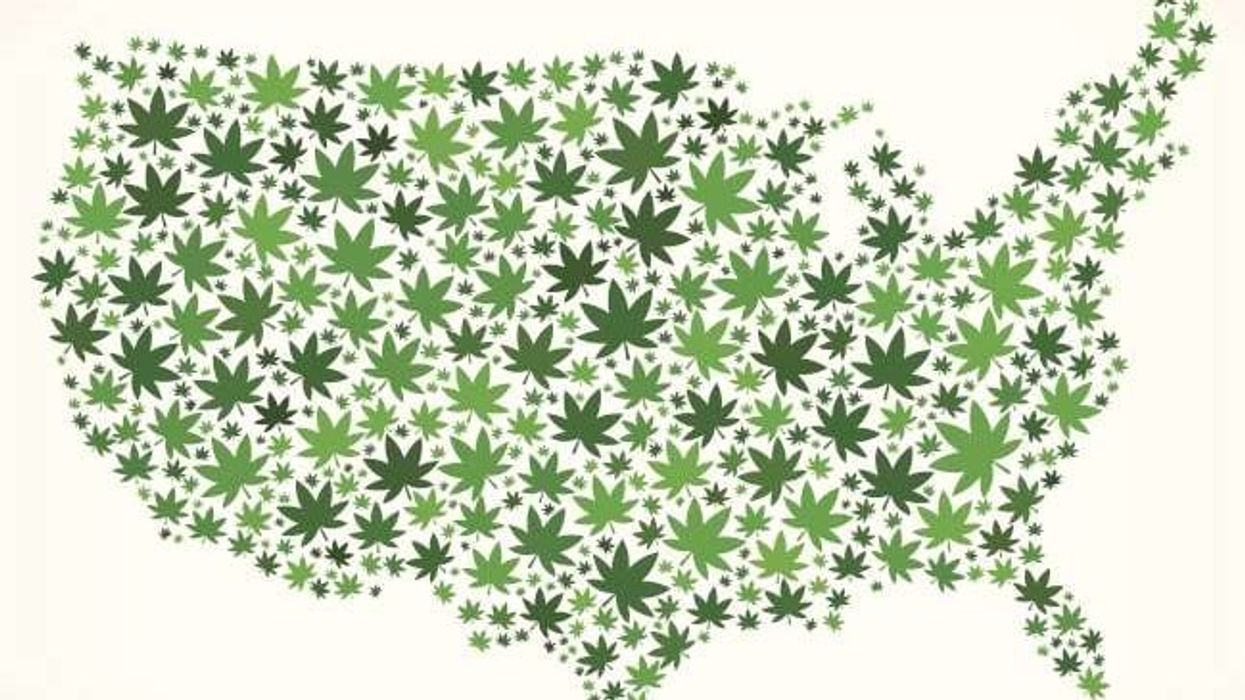






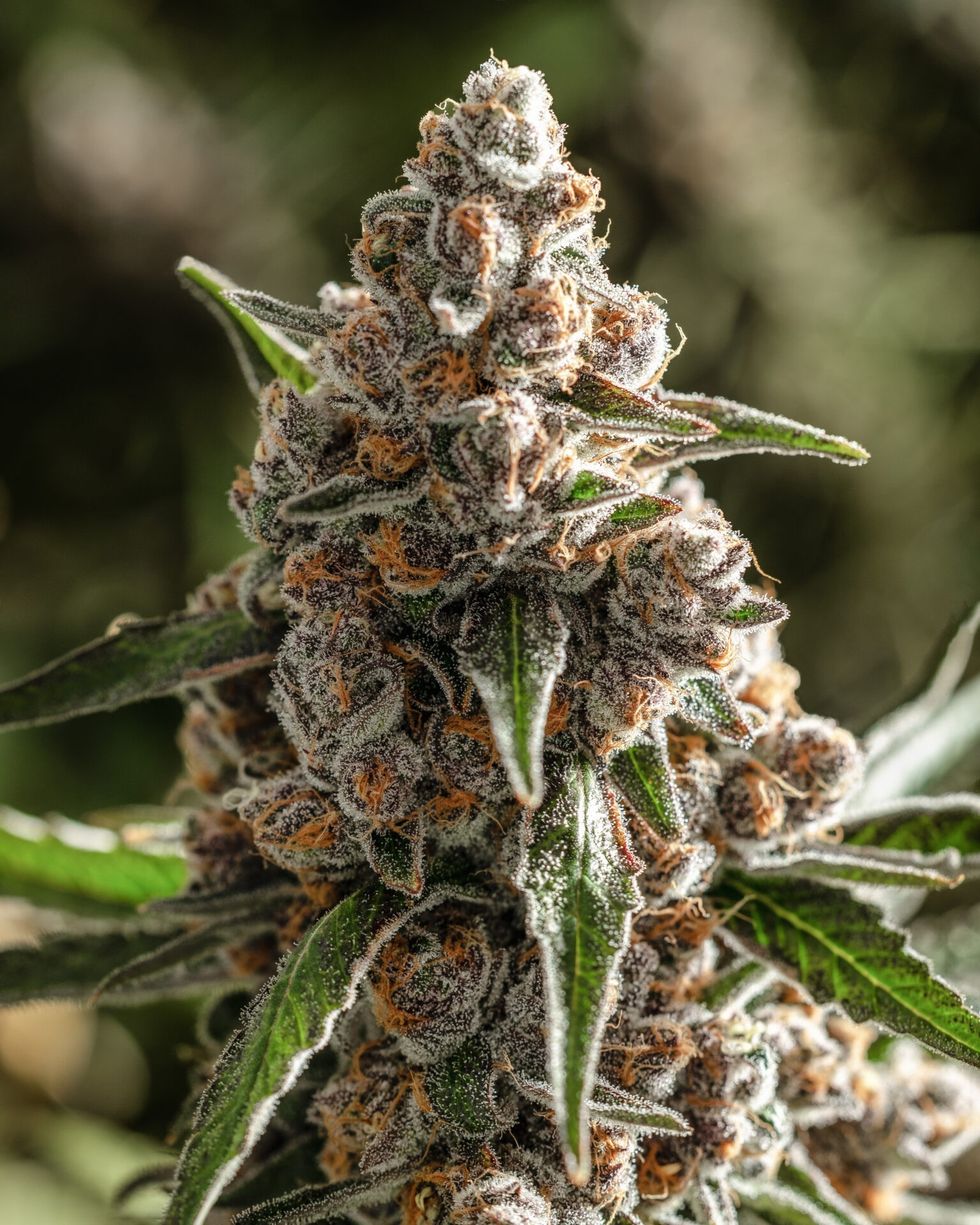 Super Boof Strain: 2024 Strain of the Year - The Bluntness
Super Boof Strain: 2024 Strain of the Year - The Bluntness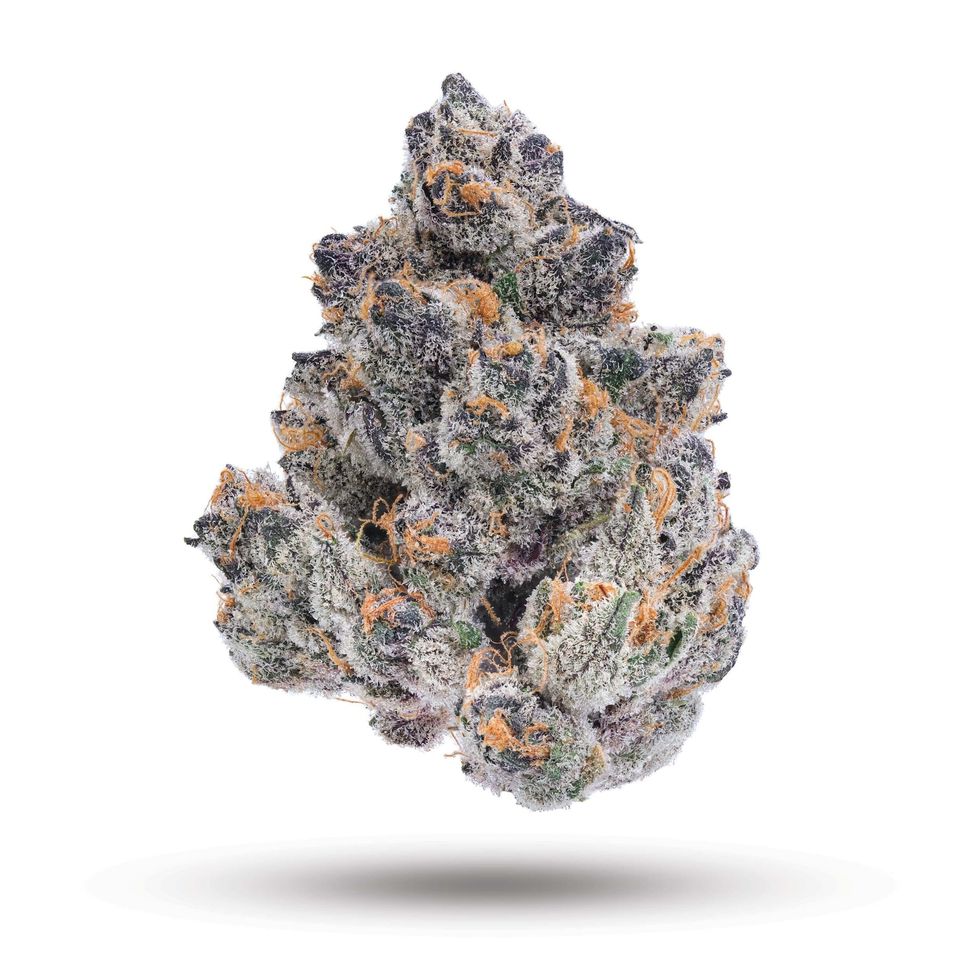 Super Boof Strain: 2024 Strain of the Year - The Bluntness
Super Boof Strain: 2024 Strain of the Year - The Bluntness






 Can Drug Dogs Smell Edibles? - The Bluntness
Photo by
Can Drug Dogs Smell Edibles? - The Bluntness
Photo by  Can Drug Dogs Smell Edibles? - The Bluntness
Photo by
Can Drug Dogs Smell Edibles? - The Bluntness
Photo by 

 Introduction to Psychoactive Mushrooms: The Aztec God Strain - The Bluntness
Photo by
Introduction to Psychoactive Mushrooms: The Aztec God Strain - The Bluntness
Photo by  Introduction to Psychoactive Mushrooms: The Aztec God Strain - The Bluntness
Photo by
Introduction to Psychoactive Mushrooms: The Aztec God Strain - The Bluntness
Photo by 
 How to Make a Cannagar Without a Mold: A Comprehensive Guide - The Bluntness
Photo by
How to Make a Cannagar Without a Mold: A Comprehensive Guide - The Bluntness
Photo by